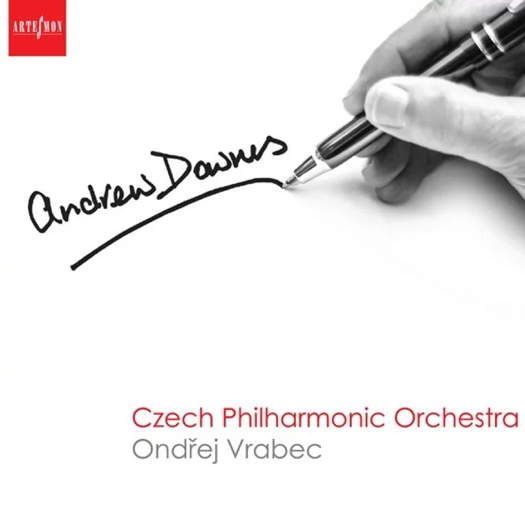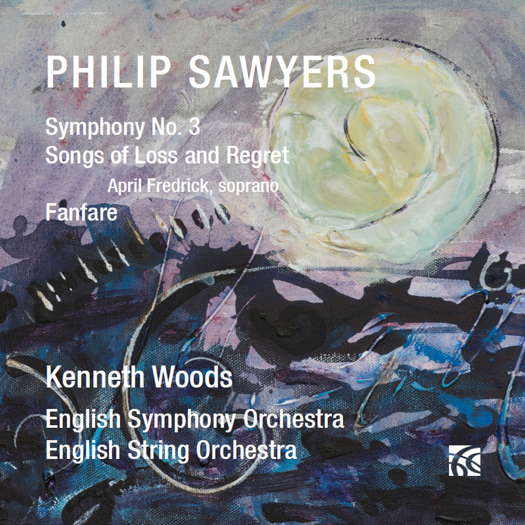- Juan Carlos Zorzi
- experimental
- Tafreshipour
- Jenő Huszka
- Goodmusic Publishing
- BPSE Journal
- New Zealand Symphony Orchestra
- Alicia Rytlewski: Mushrooms and Pink Roses
Georg Tintner
Austrian-born Jewish conductor and composer Georg Tintner was born on 22 May 1917. He sang in the Vienna Boys' Choir and studied composition (with Joseph Marx) and conducting (with Felix Weingartner) at the Vienna State Academy. He began his career as assistant conductor at the Vienna Volksoper.
Leaving Vienna in 1938 due to the Nazi threat, he moved to New Zealand and, in Auckland, conducted first a church choir, then the Auckland Choral Society and then the Auckland String Players. From 1954, in Australia, where he is credited with pioneering opera on TV, he conducted at the National Opera of Australia and then the Australian Elizabethan Theatre Trust Opera.
Later he worked in Cape Town and in London (with Sadler's Wells Opera), then returned to Australia as MD of West Australian Opera, then Australian Opera and the Queensland Theatre Orchestra.
Moving again, this time to Canada, he was director of Symphony Nova Scotia. A Bruckner expert, he recorded the Bruckner symphonies for Naxos between 1995 and 1998.
Tintner committed suicide by jumping from his eleventh storey balcony on 2 October 1999, after struggling with cancer for six years.



